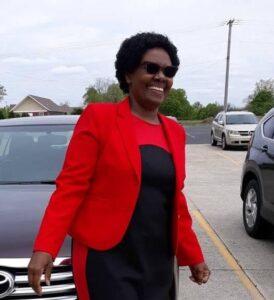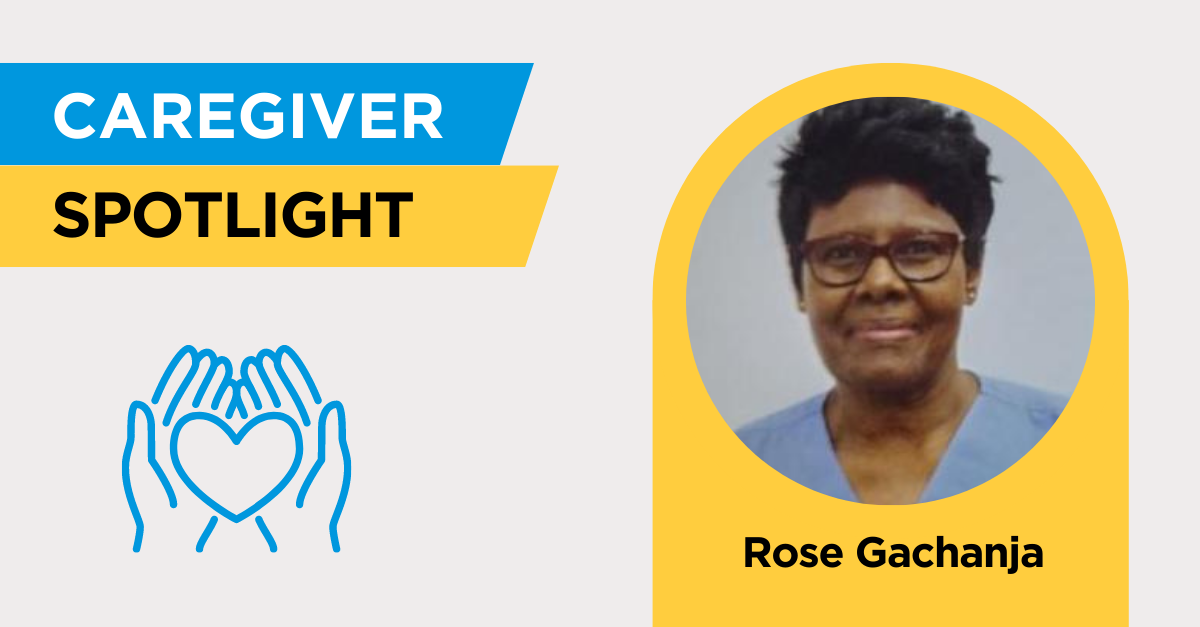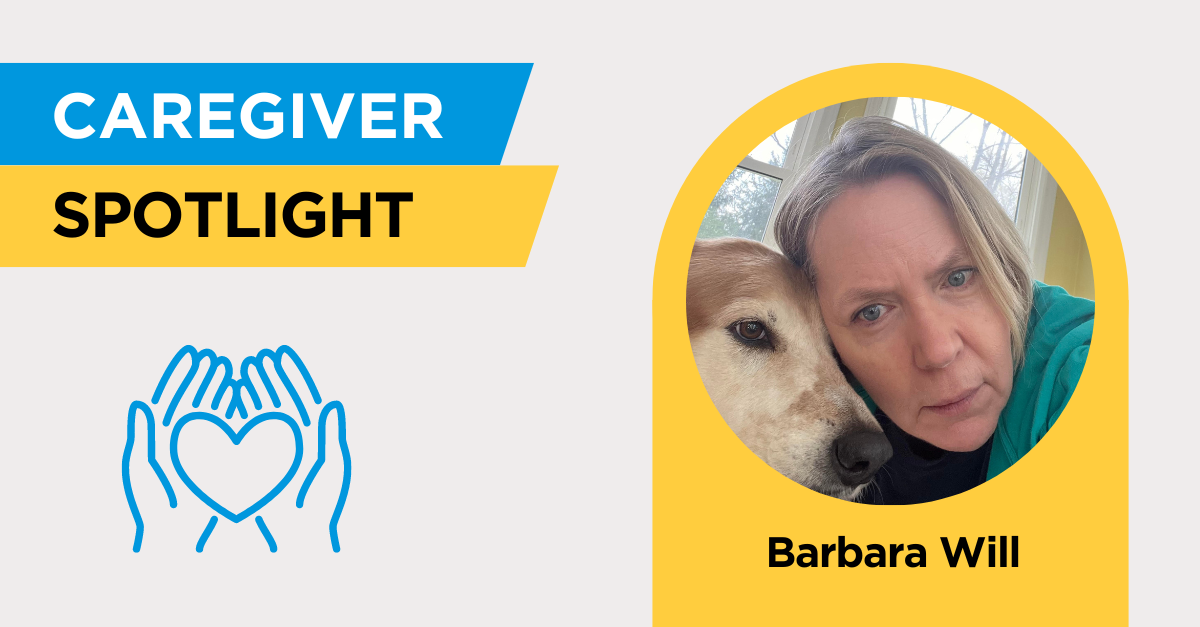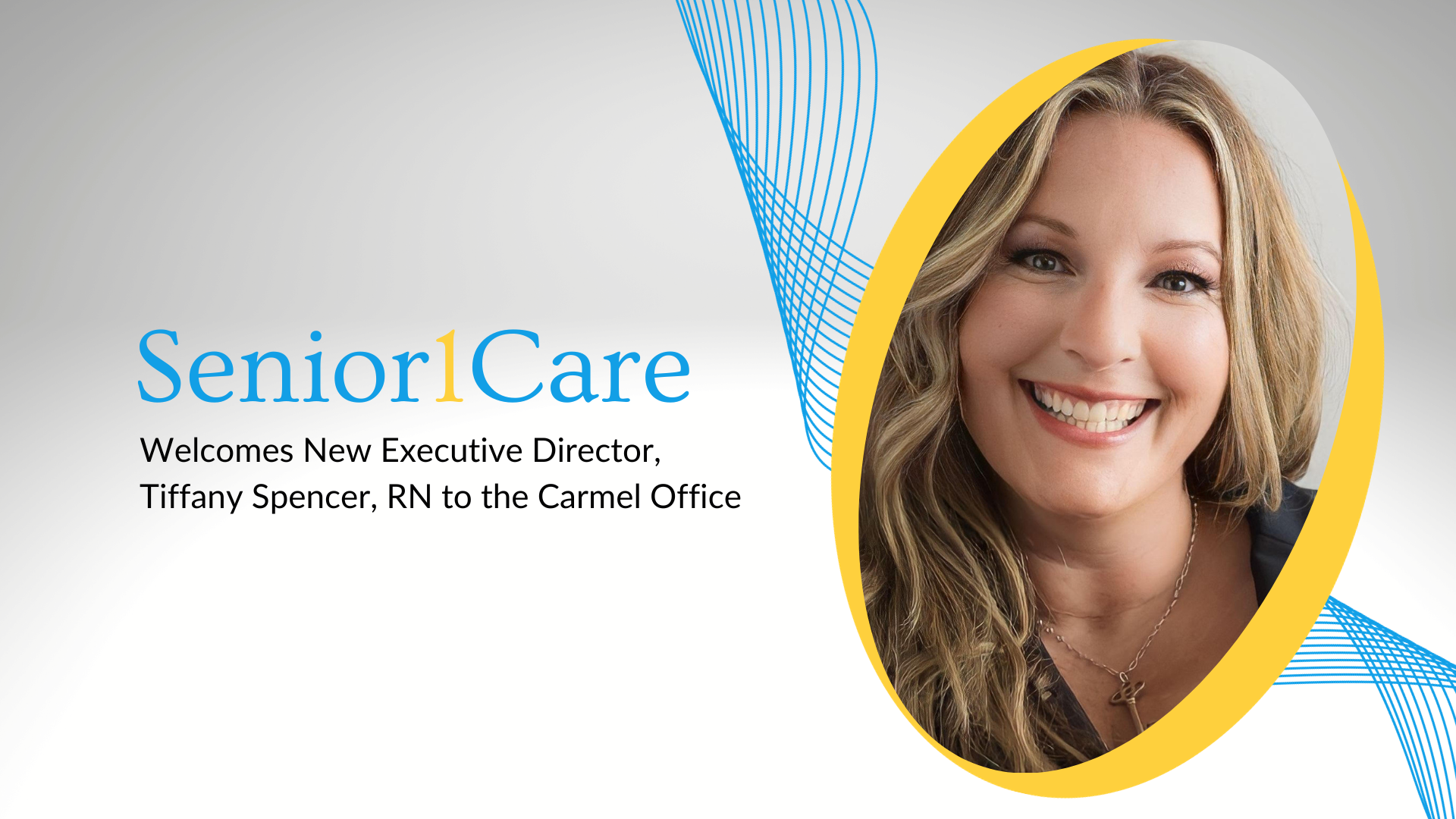If you were to travel due north from Nairobi, Kenya’s capital, you’d leave behind the sprawling metropolis containing over 10 million people, and begin to see vast, green farmland dotted with smaller towns and cities. The rich, fertile plains and rolling hills are perfect for growing crops like coffee, tea, and bananas, and are watered by clear streams and beautiful waterfalls, fed often by the area’s generous rainfall. In the distance, Mount Kenya looms, the country’s tallest mountain, second in Africa only to Mount Kilimanjaro.
A few decades ago, in what used to be called Central Province, you could find Rose Gachanja in one of those coffee and banana fields with her family. Her father ran the coffee farm and her mother managed the crops of bananas. They worked tirelessly to provide for their nine children, of which Rose was the sixth, the first girl born after five boys. They eventually sold their businesses to provide a quality education for their children, most of whom went on to earn college degrees.
Opportunity Calls
Rose’s mother noticed her ability as a caregiver early on, seeing how her compassionate nature put people at ease and drew them in. She encouraged Rose to pursue a nursing degree, which Rose completed and then went on to get another degree as a registered midwife. Diplomas in hand, she went on to a fulfilling career at Pumwani Maternity Hospital in Nairobi for several years. It was during this time she met her husband, who would go on to become a major in the Kenyan army.
As established as the couple was, they saw opportunity in America. Excited to have obtained a green card, they crossed the pond in 2001 and landed in Acworth, Georgia, a small city northeast of Marietta. Rose quickly got a job in a nursing home, while her husband took the jobs he could find at Walmart, Target, and McDonald’s — work he didn’t love, but worked hard at to support their new life.
After a few years they moved up to South Bend, Indiana, where Rose started out by working at a local retirement community for ten years. Then, in 2013, she made the move to Senior1Care. It was successful but short lived — after nearly one year Rose went back to Kenya for what she thought would be just a vacation. However, always a helper, Rose stayed there an entire year to assist her brothers.
A Special Case
A friend living in Missouri welcomed Rose and her husband to live with her as they made their transition back to the U.S. Rose began her job hunt right away and listed Senior1Care as an employer reference. That’s where things get exciting. When Senior1Care Client Care Coordinator Tricia Miller received a reference request from an employer, she and President Kyle Bossung immediately called Rose, asking her to come back to Senior1Care. Rose says she doesn’t quite know what they saw in her, but she was happy to go back to the organization she enjoyed working for so much.
Just two days after arriving back in South Bend, she got the call from Senior1Care that they had a live-in case for her. She was assigned to stay with a couple for two weeks to help them get ready for a nursing home. But two weeks turned into a month, and the couple decided that they couldn’t let Rose go. Again, she isn’t sure what they saw in her, but they told her that she wasn’t going anywhere, and that they would keep her until they “go home to the Lord.”
Gene and Veleda
Gene and Veleda were married young and wanted to start a family, though children never ended up being a part of their story. Despite the difficulty they felt with not having kids of their own, they lived a long, good life together and each adored one another, as Rose puts it. They enjoyed their extended family, especially their nieces and nephews, who they loved spending time with.
In their later years, Gene started to physically deteriorate faster than Veleda, which was when Rose was called in to help. She recalls Gene being especially welcoming, always cracking a joke, while Veleda tended to be on the quieter side. Rose attributes some of Veleda’s reserved nature to the grief of not having children. She recalls when they would all go shopping together, and Gene would say hello to kids and light up when meeting people. She noticed that in those moments Veleda would withdraw, so Rose would try to distract and care for her, helping her with her shopping and asking questions.
Toward the end of Gene’s time, despite having broken both hips and having to spend time in a nursing home, he expressed that he would prefer to die in his own home, in his own bed. He asked Rose if she would be willing to take care of them both at home. Though she knew the workload was exceptional, she agreed to the challenge.
Rose worked hard to make Gene comfortable in his last days. At the side of the bed, he made his final request. “Rose,” he said, “I’ve never come across someone like you. I want to leave my wife in your hands. Please promise me. Work with Veleda until she comes home to find me where I’m going.” As they joined their fingers together in a pinky promise, she committed to taking care of Veleda until the end, however, challenging the work might be. He passed away shortly after, having been married to Veleda for 62 wonderful years.
Rose kept her promise, taking care of Veleda for five more years as her mental and physical health declined, seeing her through to her passing. In fact, in Veleda’s obituary, Rose is mentioned as being “like a sister” to her for all those years.
An Empathetic Approach
It’s been decades since Rose’s mother, who passed away when she was 25, told her that she saw a talent in her for taking care of others. Rose says that the idea of being a caregiver sang to her, and that still today she hears the truth of her mother’s words. Despite the many challenges that come with caring for aging clients, she feels comfortable in the work and deeply committed to their care.

Caregiver Spotlight: Rose Gachanja | Senior1Care
Her mindset when caretaking is to come in without believing she knows everything. Instead, she listens. “You have to be very patient,” Rose says. “You have to listen to them. You have to be calm so that they can pour out what is in their heart. That is exactly what we are supposed to do with our clients. We let them pour out so that you can value what they are telling you, so that you can be able to help more. You have to listen, to become them, and put yourself in their shoes. Supposing it was me. What would I love somebody to do for me?”
Her empathetic approach to caregiving is what endears clients to her and what she says allows her to be a better caregiver. She likens it to having children, letting them tell you what they need so that you can help them, rather than defaulting to the belief that you know what’s best. So she takes the time to find out their pains, desires, and how they go about their life, integrating herself into their lives, rather than upending what they’ve created in order to do her job.
She’s worked in different places and countries in her life, but Senior1Care? “Beyond what I expected,” she says “because we work like family here.” The secret to a great working relationship, she says, is when caregivers are dependable, trustworthy, and honest. This two-way street is the only way it works, she says, and when it does, everyone becomes like family.






